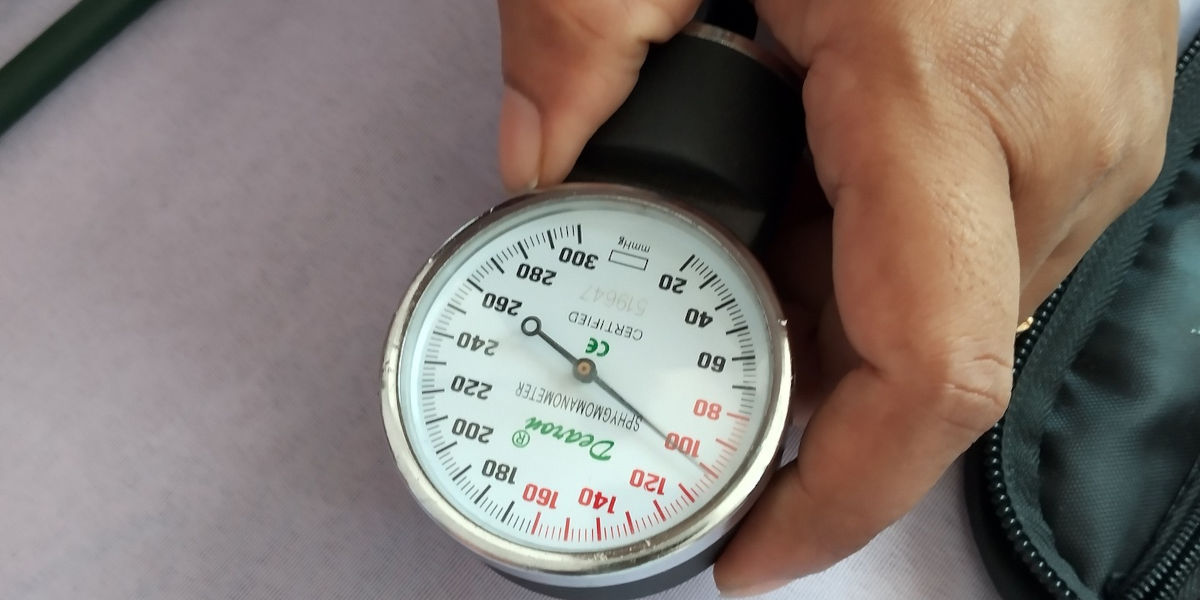“A stitch in time saves nine”. This proverb perfectly encapsulates the essence of preventative health and the profound benefits of regular check-ups. It directs our attention towards the simple philosophy of dealing with problems in their early stages, rather than waiting for them to amplify and cause greater havoc in our lives. Applying this in the realm of health, we see a pressing need to adopt the practice of routine health checks and integrate it into our daily lives. This article aims to elucidate why regular health checks are the proverbial 'stitch in time' and answer the commonly asked question: "how often should I see my doctor?"
Understanding the Importance of Regular Health Check-Ups
When we consider our health, the benefits of regular check-ups cannot be overstated. These check-ups, though seemingly tedious and superficial at first glance, can be the very net that catches the first signs of potential conditions or illnesses. Early detection is not just advantageous; it can be life-saving in many scenarios.
Regular check-ups do not merely involve screening for diseases. They also provide an excellent opportunity to assess your risk of impending future medical issues. Your doctor can guide you towards necessary lifestyle modifications, helping you to replace unhealthy habits with healthier ones. Hence, regular check-ups subsidize the base for a longer, healthier life.
Proactivity in health maintenance can also lend relief to your pocket in the longer run. Early detection of serious health conditions through regular check-ups often translates to simpler and less expensive treatment. Getting regular health check-ups might seem like heavy spending, but when viewed as an investment for your future health, the cost is minor compared to the possible expenditure on advanced treatments for severe diseases.
Frequency of Check-Ups: How Often Should I See My Doctor?
Many people grapple with the question, “how often should I see my doctor?” The answer isn't quite cut and dry, as it depends on several factors like age, lifestyle, family history, and existing health conditions. However, the general consensus for healthy individuals is an annual visit to the doctor for a routine health check-up.
These annual check-ups typically include various screenings, physical examinations, and clinical tests as preventative measures to identify any potential health issues. It's during these visits that doctors can identify red flags that you may not notice in your day-to-day life.
Women, especially those above 40, must prioritize mammograms and pap smears as part of their routine health check-up. Men, on the other hand, should not neglect regular prostate screening tests. Regardless of your gender, regular blood pressure screenings and cholesterol checks should be standard once you cross the age of 20.
Remember, these are general guidelines. If your doctor suggests more frequent visits due to a specific health risk, it is in your best interest to heed their advice.
Nurturing Habits for Preventative Health
In addition to routine medical check-ups, building good health habits is another crucial pillar of preventative health. After all, health isn't merely the absence of disease but a state of complete physical, mental, and social well-being.
Early Detection - Your Best Bet Against Chronic Ailments
In the face of the countless health predicaments that we're susceptible to, early detection emerges as a shining beacon of hope. Diseases like cancer, diabetes, cardiovascular ailments, and various other chronic conditions can often be mitigated, if not entirely prevented, with early detection and subsequent intervention. This makes regular check-ups an indispensable part of maintaining good health.
Certain diseases or conditions don't exhibit signs or symptoms until they're already at an advanced stage. Regular check-ups can bring these unseen threats to light, ensuring timely intervention and reducing potential harm. In some cases, early detection can significantly shrink treatment duration and costs as well.
Taking Charge of Your Health - The Role of Regular Check-Ups
By incorporating routine check-ups into your lifestyle, you essentially take charge of your health. You acquaint yourself with your body and its patterns, making it easier for you turn up the alarm when something's amiss. Regular check-ups can also help you understand risk factors for various diseases, enabling you to adapt your lifestyle accordingly to reduce those risks.
Apart from allowing for early detection of diseases, regular check-ups also enable doctors to evaluate your overall health and suggest lifestyle changes that can significantly improve your quality of life. Regular check-ups account for various aspects of your health - physical examinations, patient history, diagnostic screenings, and preventive screenings.
Embracing the Preventative Approach
The concept of preventative health literally adds years to your life. With regular screenings, vaccinations, a balanced diet, and physical exercise, you are equipped to prevent the onset of certain diseases. Even with genetic proneness, preventative measures can significantly slow down the progression of diseases.
Besides ensuring physical well-being, this approach also helps maintain mental and emotional health. By preventing diseases or detecting them early, you can reduce the mental stress caused by prolonged treatment periods, empowering you to live a healthier and happier life.
Conclusion
A stitch in time does indeed save nine. Regular check-ups are the thread you need to weave that stitch. They help you detect potential health risks early, adapt your lifestyle accordingly, embrace preventative health measures, and ultimately lead a healthier, happier life. Remember, the path to good health isn't merely about treating diseases, but preventing them altogether. Embrace the art of preventative health, and let regular check-ups be a part of your journey towards a healthier you.




